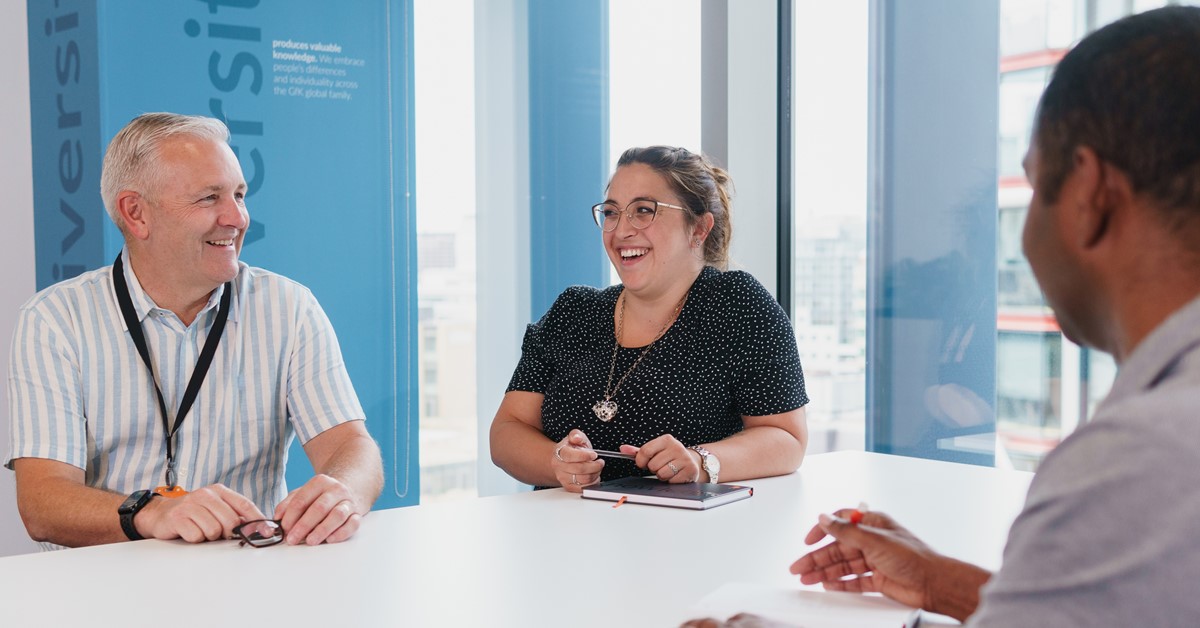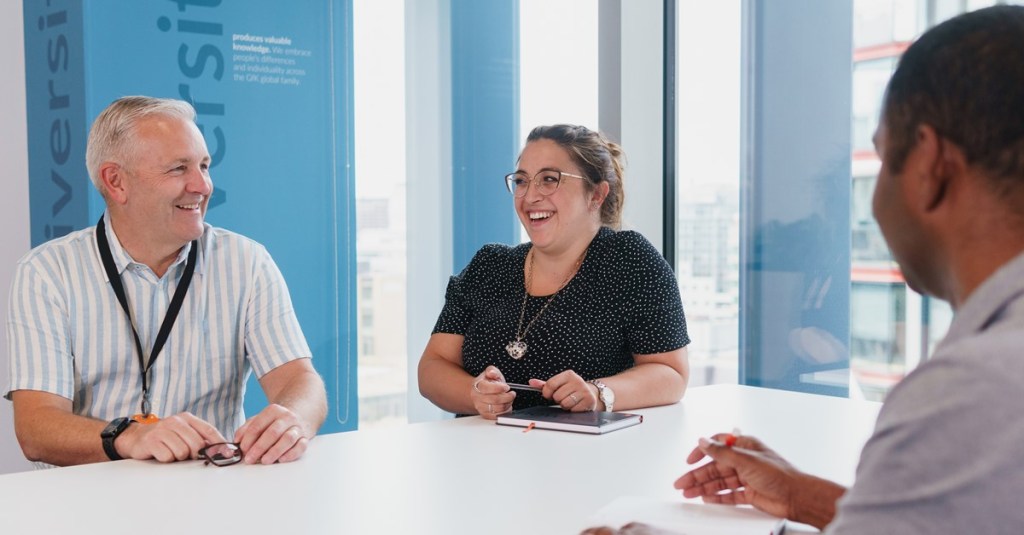Many companies want to dramatically improve their workforce diversity and encourage women in tech. But, there’s a hurdle. These endeavors are often underpinned by the widespread habit of hiring candidates who have classic qualifications and have followed traditional career development opportunities, stunting tech diversity. Here at GfK, we are rethinking this approach, and partnering with CodeFirstGirls.
When organizations recruit new staff, they typically select candidates with traditional experience and qualifications. But, the challenges faced by many individuals in accessing computer science degrees and even career promotions in tech, mean women and minorities with enormous development potential often get overlooked. If we want to encourage more women in tech, we need to break old habits.
It’s easy to fall into the habit of concentrating on highly qualified technical personnel, who have gone through a university computing route. Like many large organizations accelerating tech recruitment, we have followed this approach in the past but found we struggled to correct the imbalance in our male-female spread of staff and achieve true tech diversity.
We didn’t want to fall back on the standard approach of bringing in consultants to fill our talent gaps. While this is the fastest method for addressing an immediate need, it ultimately postpones the problem, as the experts depart at the end of their contracts, taking their knowledge with them. We wanted an approach for tech recruitment that would help us tackle the fact that junior staff only represented around 12% of our tech workforce.

Widening our approach to tech recruitment
To address this, we fundamentally rethought how we were recruiting for tech.
The first step has been partnering with the non-profit organization, CodeFirstGirls, which provides free software coding courses to young women. GfK now sponsors participants in London and Warsaw as they learn core tech skills and move on to more advanced topics such as Java and SQL programming languages.
The best-performing participants are then set to join us as GfK employees. Working with CodeFirstGirls, we’ve already selected an amazing group of 20 top potential candidates, which we gradually pared down to the 10 we think are the very best match, for us and for them. They consist of juniors starting in the world of work, as well as older women who have completed studies in other fields but have decided to retrain into tech.
The success of this project has centered on us turning away from a dominant focus on computer science degrees. Those types of graduates already have relevant tech internships and alumni programs available to them. In our partnership with CodeFirstGirls, we wanted to help people for whom it was more difficult to get a foothold in tech, to open up diversity among our staff, and bring in new ideas and fresh thinking in our teams.
Matchmaking to accelerate women in tech
Typically, when employers sponsor courses such as those offered by CodeFirstGirls, the successful applicants are funneled into standard entry posts – but we’re not doing that. We’re taking a more tailored approach, that focuses on ‘matchmaking’.
Part of my role is to match the needs of different parts of our tech team with the specific incoming hires from CodeFirstGirls, so that we optimize the use of their individual talents while increasing workforce diversity. And it doesn’t stop there. Our focus is on long-term support, including placing these new hires in balanced teams and with more experienced members who directly support them with knowledge sharing and ideation.
We measure the success of our recruitment on how long our people stay with us, and how well they grow. We are committed to large-scale change. We want to see great people coming into these roles, staying and developing, ultimately increasing women in tech.





